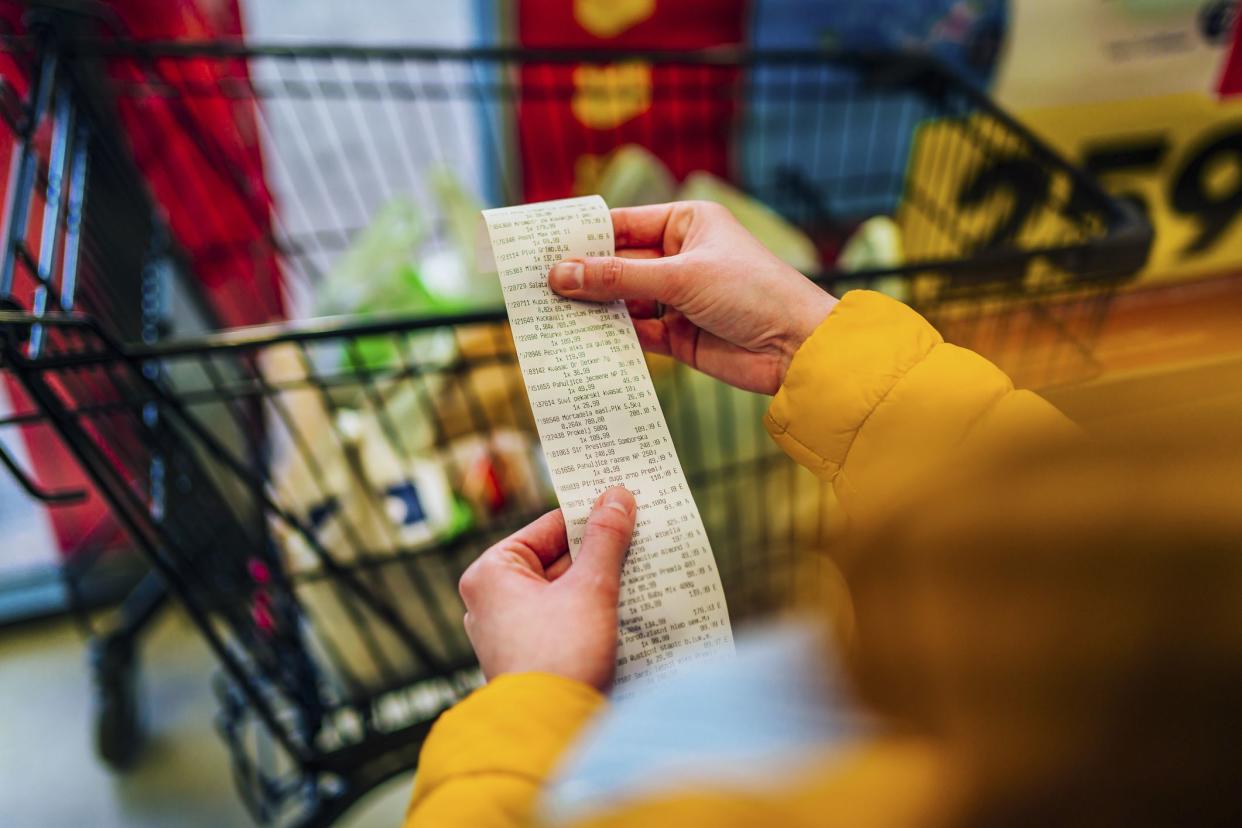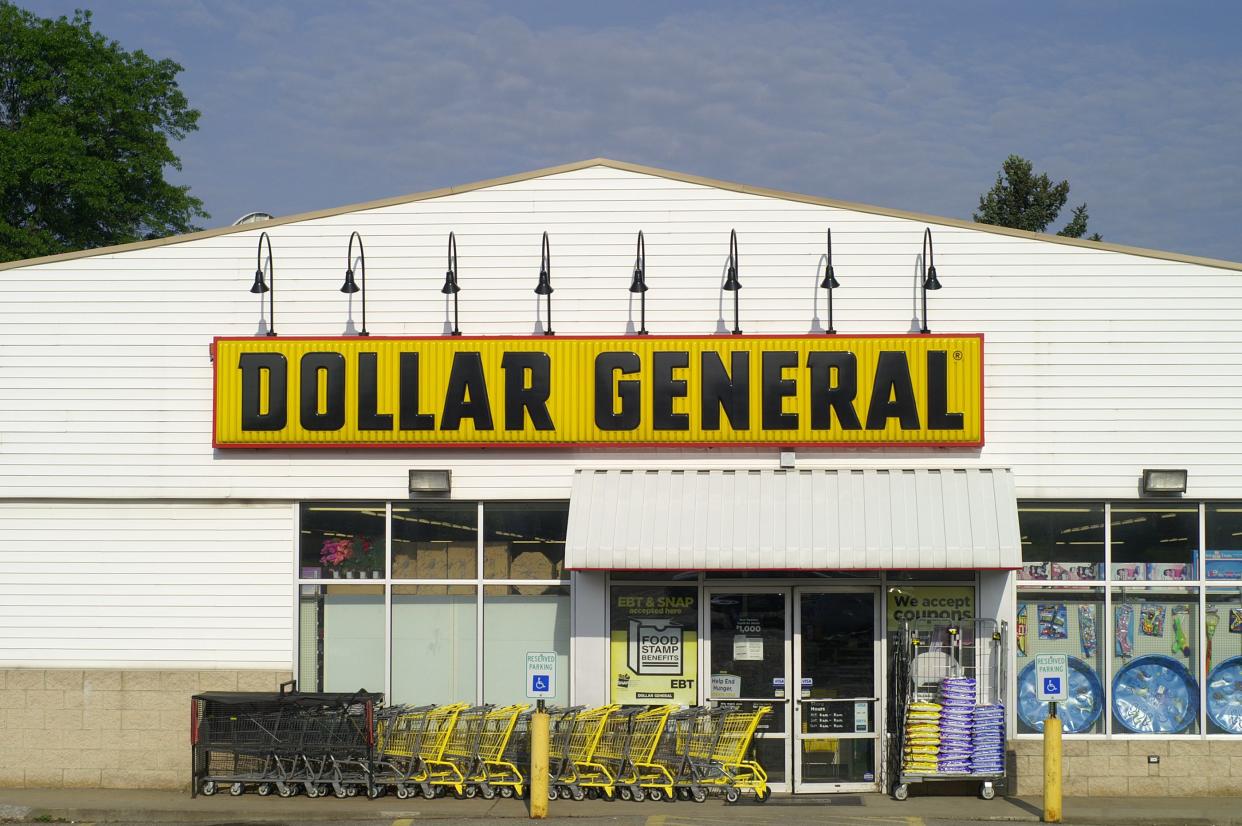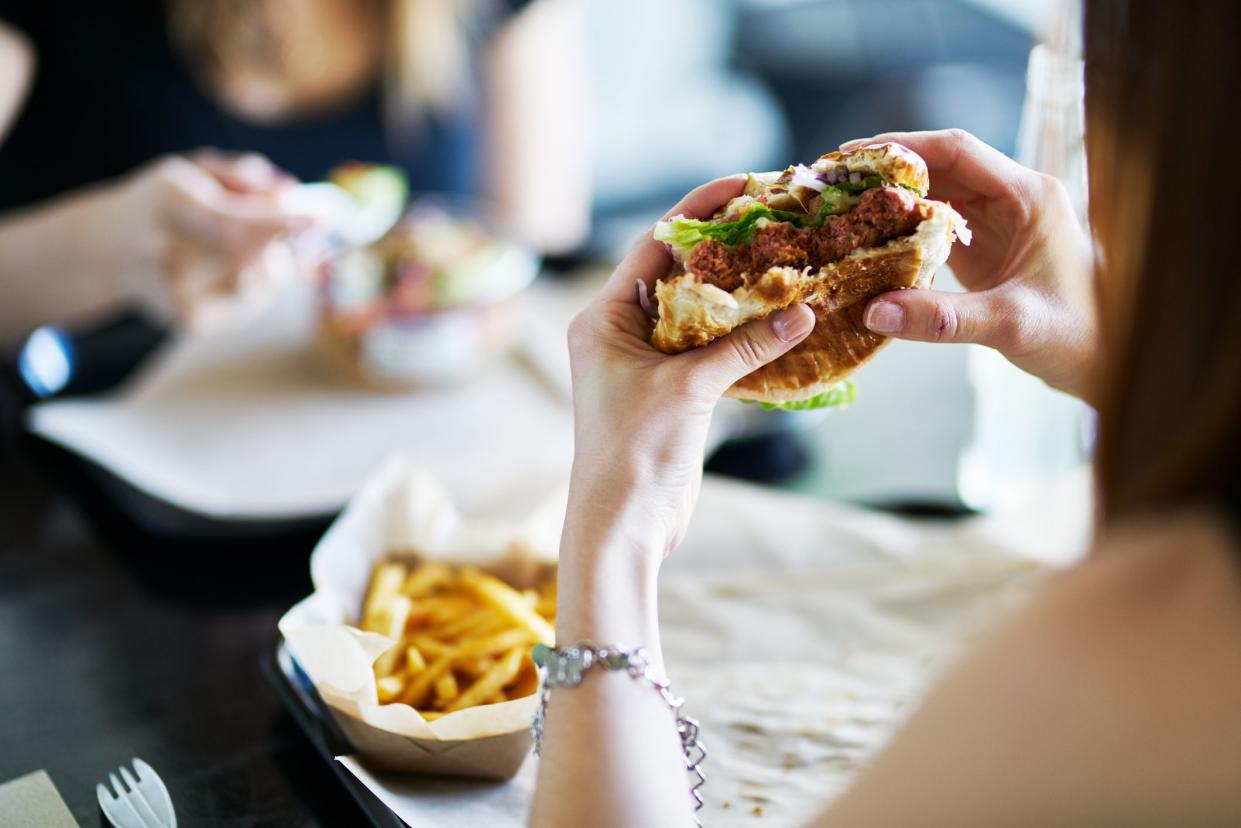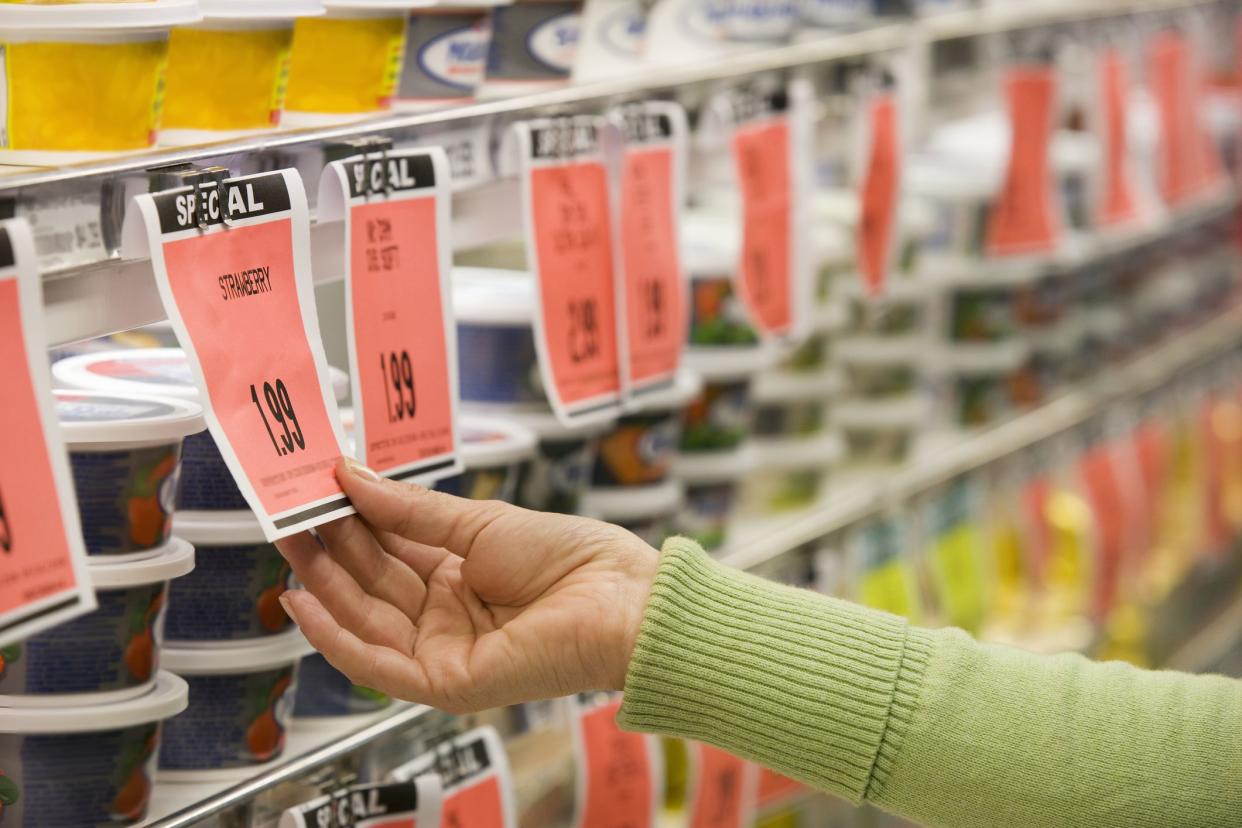7 of the Most Common Money Myths Debunked

Myth Busters
While it might seem like frugality is all about pinching pennies and self denial, that's just one of many money-saving myths that doesn't hold up to scrutiny. Let's say, for instance, that you skip a doctor's appointment to avoid the copay, only to discover months later that you need an expensive surgery because your condition has worsened. Sometimes it pays to pay. Redditors debunked similar money myths on r/Frugal, the most popular of which we've compiled below.

Myth: Products Are Cheaper at the Dollar Store
Even when everything used to be just a buck at dollar stores, not everything was a deal, as one Redditor points out. "For some things (home decor) it is quite frugal, and for others (food), you might be better off waiting for a sale at a regular grocery store," the commenter writes. Their advice? Think "critically" about each item and ask yourself if it's overpriced.

Myth: You Should Always Buy in Bulk
Bulk is better, right? Not necessarily, Redditors say. Sometimes retailers intentionally charge more for bulk items, knowing that consumers will assume it's cheaper. Rather than blindly buying in bulk, check the unit price to make sure you're getting a deal.
Related: I Shopped at Costco for the First Time and This Is What I Learned

Myth: DIY Projects Will Save You Money
Whether you have plans to raise chickens, start a vegetable garden, or remodel your bathroom, most people think "doing it yourself" is always the frugal option. But that's not always the case, especially if you make mistakes along the way. Unless you're truly prepared, just buy what you need from the store and/or hire a professional.
Related: DIY Disasters: 20 Repairs to Leave to the Pros

Myth: Bundles Are Invariably Good Deals
Consumers are trained to associate the words "bundle" and "package" with savings. But before you sign up for that all-inclusive tour of Western Europe, read the fine print and scrutinize the price. Packages will often "rope you into buying more" rather than saving you money, one Redditor writes.
For more money-saving tips and shopping advice, please sign up for our free newsletters.

Myth: Cheap Food Is Frugal
That $1 bean and rice burrito from Taco Bell might seem like a good idea in the moment, but unhealthy food can catch up to you. According to one highly publicized study, poor diet can be linked to $50 billion in annual U.S. healthcare costs, as it's the "leading risk factor for cardiometabolic disease."

Myth: 'Buy Once, Cry Once'
"Buy once, cry once" is a popular saying among budget-conscious consumers who consider investing in a more expensive item with a longer lifespan worthwhile even if the upfront cost is guilt-inducing — and yet, one top commenter says the advice is misguided. The Redditor adds that they always purchase the cheap version of a product first. "If I don't end up using it as much as I thought I'd need, I'm ahead. And if I end up using it a lot, I replace it with a higher quality one next," they write.

Myth: Deals and Coupons Are Always Frugal
Just because something is labeled as a deal doesn't mean you're actually saving money. Amazon, for example, will regularly sell products below MSRP, giving consumers the impression that they're saving big bucks. But if you actually look at the product's price history — we recommend the price tracker CamelCamelCamel — you could discover that the item has always sold below MSRP. The upshot? Look past the marketing mumbo jumbo and think critically about sales, deals, and coupons before making purchases.
This article was originally published on Cheapism

